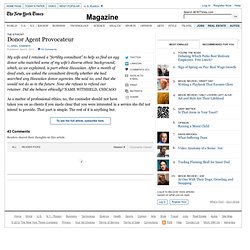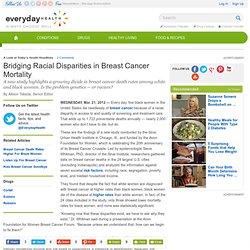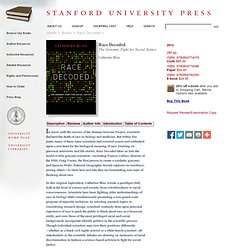

In DNA Era, New Worries About Prejudice. Donor Agent Provocateur. As a matter of professional ethics, no, the counselor should not have taken you on as clients if you made clear that you were interested in a service she did not intend to provide.

That part is simple. The rest of it is anything but. All prospective parents have ideas — fantasies, really, though I don’t mean that disparagingly — about the shapes their families will take. Those ideas shouldn’t be subject to anyone else’s dictates. But they shouldn’t be taken at face value, either. For starters, if your fantasy is a child who resembles your wife, be forewarned that choosing a donor who shares your ethnicity might not get you there. Choosing a donor of the same ethnicity wouldn’t guarantee a close physical resemblance, either. These might seem like purely logistical considerations, but they hint at why a preference that seems almost too straightforward to mention isn’t straightforward at all. Her desire obviously reflects some pretty complex ideas about race.
Race. Your Family May Once Have Been A Different Color : Krulwich Wonders... Bridging Racial Disparities in Breast Cancer Mortality - Breast Cancer Center. A new study highlights a growing divide in breast cancer death rates among white and black women.

Is the problem genetics — or racism? WEDNESDAY, Mar. 21, 2012 — Every day, five black women in the United States die needlessly of breast cancer because of a racial disparity in access to and quality of screening and treatment care. That adds up to 1,722 preventable deaths annually — nearly 2,000 women who don’t have to die, but do. These are the findings of a new study conducted by the Sinai Urban Health Institute in Chicago, Ill., and funded by the Avon Foundation for Women, which is celebrating the 20th anniversary of its Breast Cancer Crusade. Led by epidemiologist Steve Whitman, PhD, director of the Sinai Institute, researchers gathered data on breast cancer deaths in the 24 largest U.S. cities (excluding Indianapolis) and analyzed the information against seven societal risk factors, including race, segregation, poverty level, and median household income. “The problem is not genetics. Race Decoded: The Genomic Fight for Social Justice - Catherine Bliss. "Bliss has produced a first-rate analysis of the production and meaning of genomic data that are often being organized according to the naturalistically reified categories of American political life.

Anyone perplexed over the mixed messages about race that have been coming out of genomics these past few years will find Race Decoded an important book. "—Jonathan Marks, SCIENCE "The ongoing debates about the role of race in biology, genetics, and clinical medicine have often produced more heat than light. Catherine Bliss takes us on a journey that is bound to illuminate an important and relatively unexplored feature of this phenomenon—the ways in which leading scientists in these fields compare in their thinking about (and use of) the concepts of race and ethnicity. "—Troy Duster, New York University "With the mapping of the human genome, a heated and contentious debate has flared regarding the very concept of race and the extent and meaning of human variation.